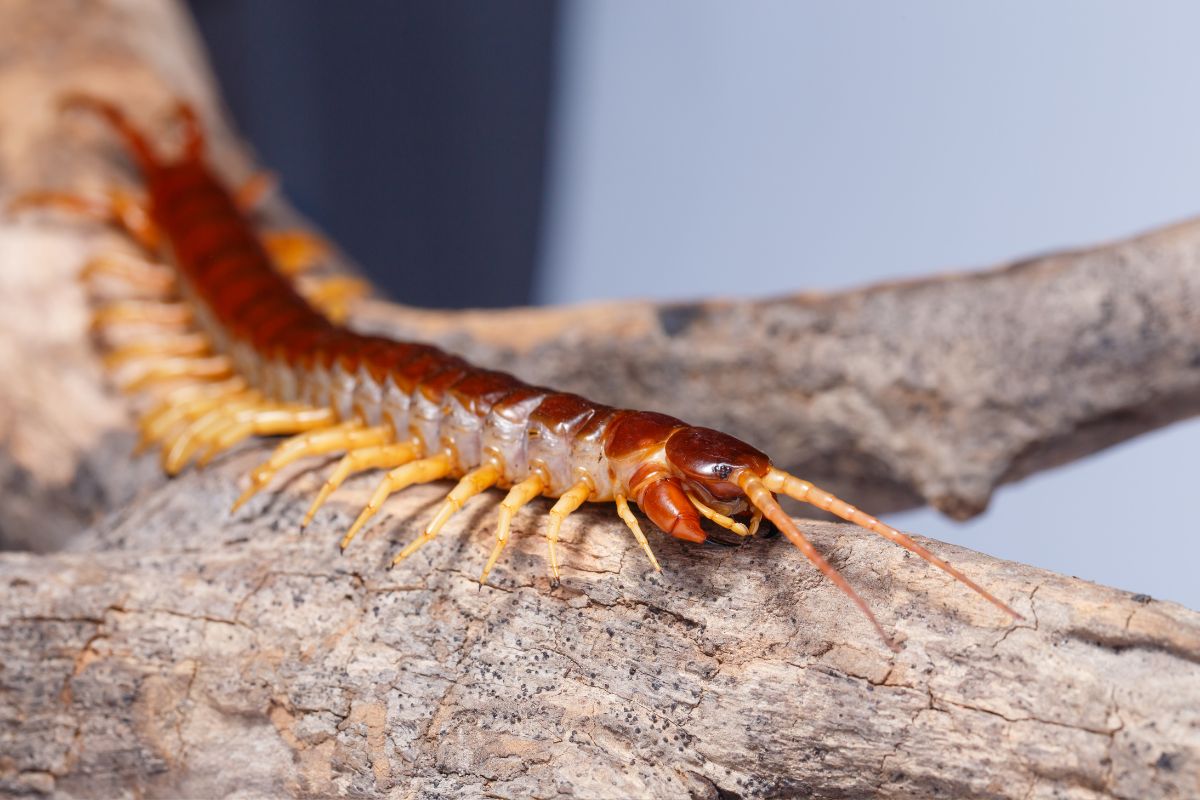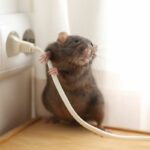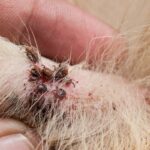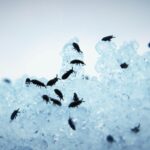5 Signs You Have an Oahu Centipede Problem
The tropical climate and diverse ecosystems of Oahu make it an extremely appealing place to live. Unfortunately, such ideal conditions attract more than just humans. Pests ranging from nesting birds to cockroaches are common issues in Hawaii. But while less common, an Oahu centipede infestation can be just as much of a nuisance – it can even be dangerous in certain situations. So, what are the signs that you may be dealing with an Oahu centipede infestation?
At Mid-Pacific Pest Control, we’re a team of experts that can deal with any pest problem in Oahu, whether centipedes have taken over your home or birds are tearing up your garden. If you need help eliminating your pest problem – and preventing it from arising again – we’re only a phone call away. Keep reading to find out whether you may have an Oahu centipede problem.

Symptoms of an Oahu Centipede Infestation
From sightings of shed exoskeletons to noticeably damaged plants, here are some of the most common signs of an Oahu centipede infestation:
Exoskeletons
As they grow, centipedes shed their exoskeletons as part of their molting process. If you notice discarded exoskeletons in areas where Oahu centipedes are commonly active, such as your basement, bathroom, or closet, you may have an infestation that needs dealing with sooner rather than later.
Bites and Stings
Centipedes are not usually aggressive towards people, but they can bite when they feel cornered or threatened. While not typically dangerous, centipede bites can cause pain, swelling, and redness similar to a bee sting. If you or your family members experience unexplained bites or stings, investigating for signs of centipedes is a smart idea.
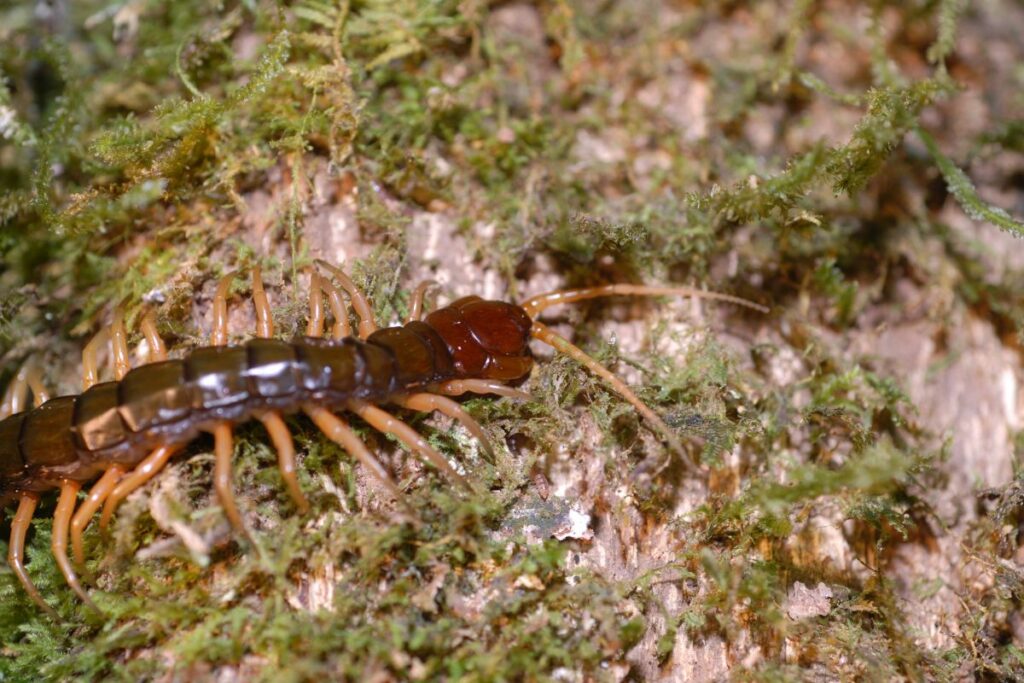
Strange Smells
In some cases, an Oahu centipede infestation can result in musty or unpleasant odors around your home. This foul smell can be caused by the centipedes releasing defensive chemicals or by decaying organic matter, such as dead insects or rotting plant material, which centipedes may feed on.
Damaged Plants
Some centipede species feed on plant matter in addition to insects. If you notice damage to indoor or outdoor plants, such as chewed leaves or stems, it could indicate that centipedes are feeding on your greenery.
Egg Deposits
Female centipedes lay their eggs in moist soil and other areas that offer shelter, such as under rocks or in piles of debris. If you see clusters of small, white eggs in or around your home, it could signal the presence of centipedes and the potential for future generations to hatch.
Call Our Professionals to Deal with Your Oahu Centipede Infestation
At best, an Oahu centipede infestation can be a nuisance, but it can also be a hazard if anybody in your family is allergic to the venom of these pests. If you notice shed exoskeletons, strange smells, egg deposits, or damaged plants, you may have an Oahu centipede problem. Fortunately, our experts can deal with the problem in no time at all. At Mid-Pacific Pest Control, we’ve been leaders in our field for over two decades. Contact us today if you need professional help identifying, eliminating, or preventing a pest problem.

